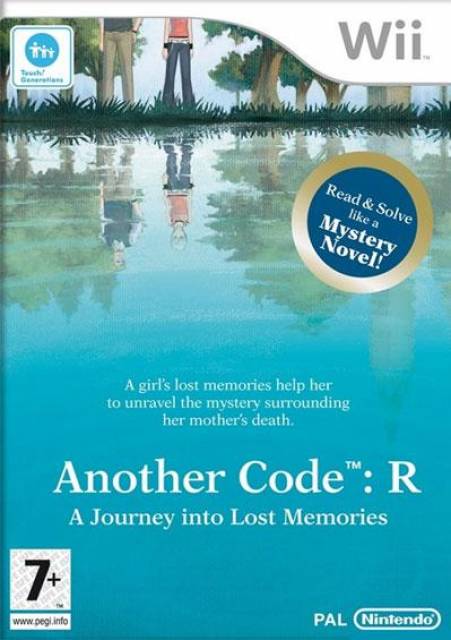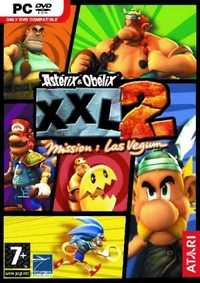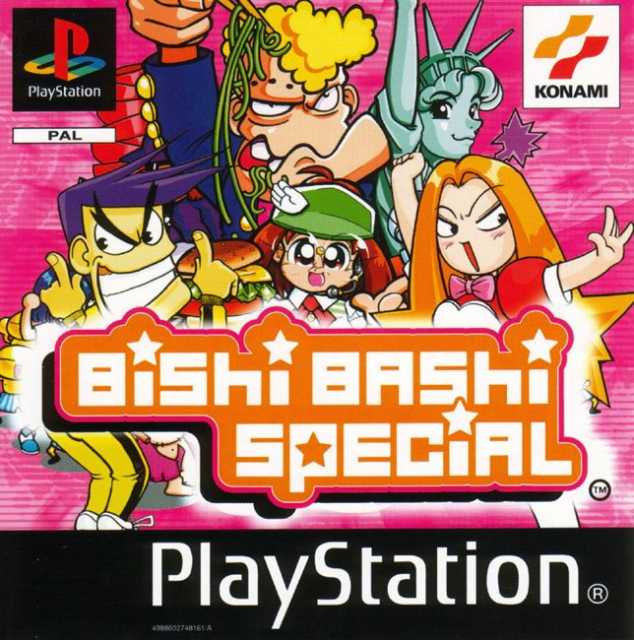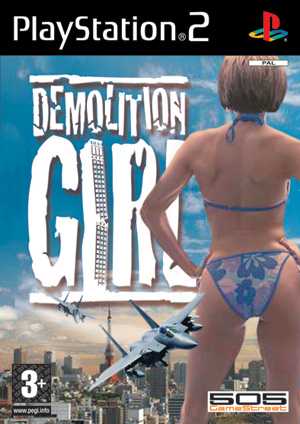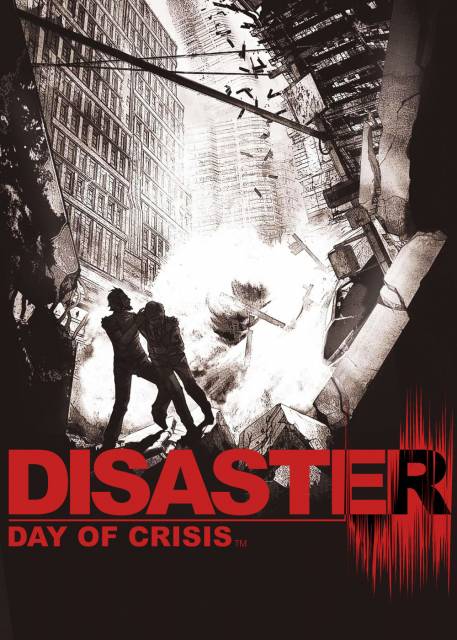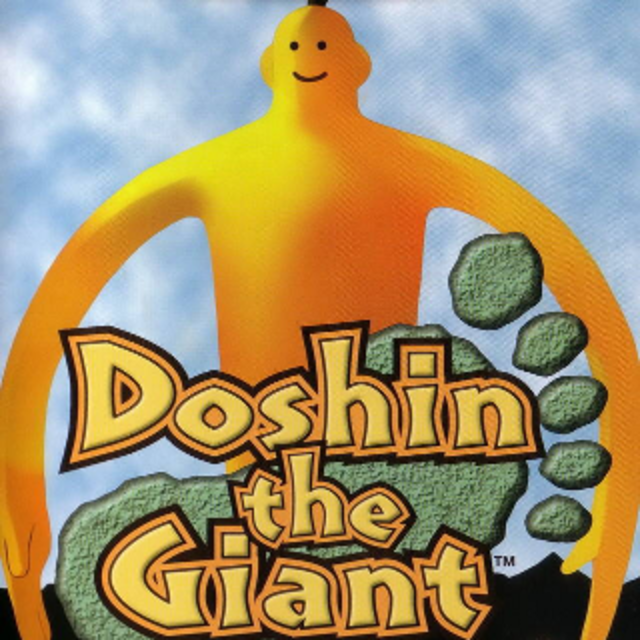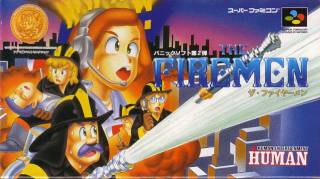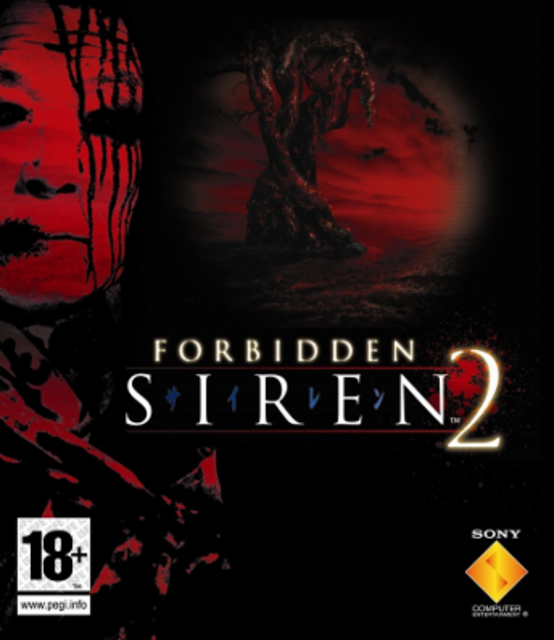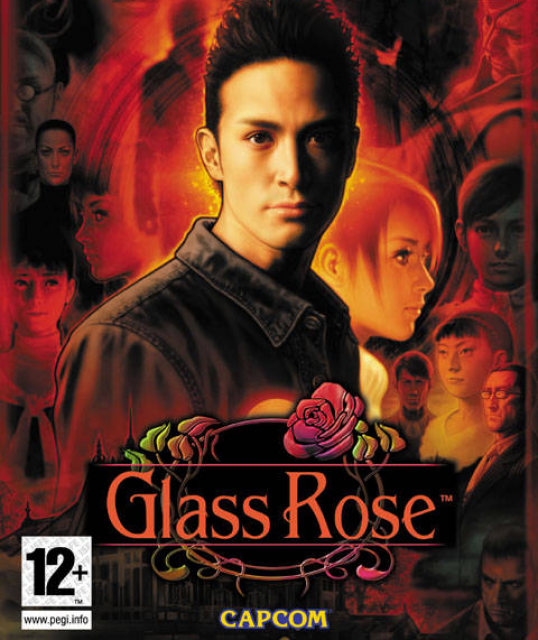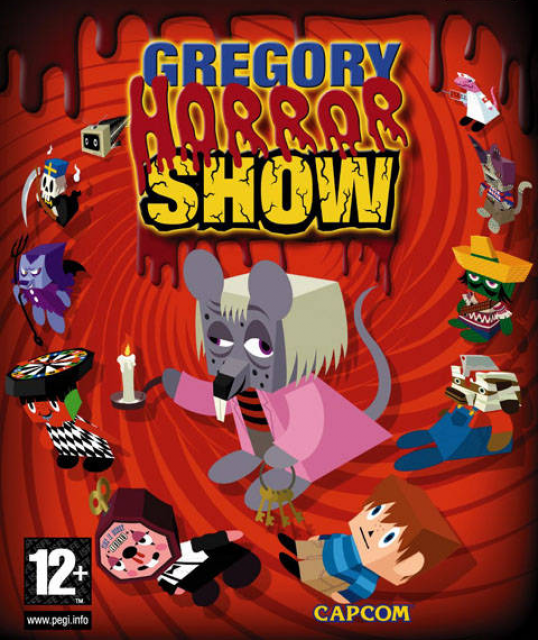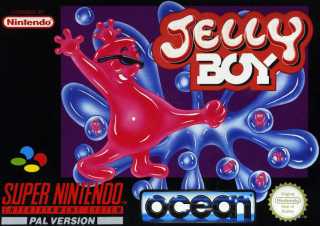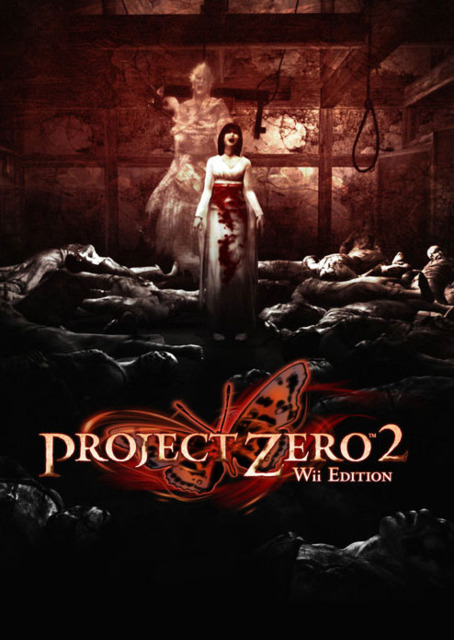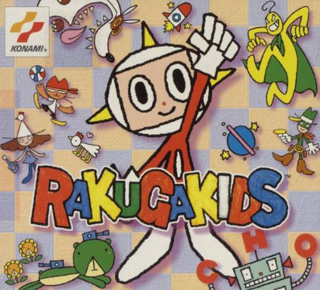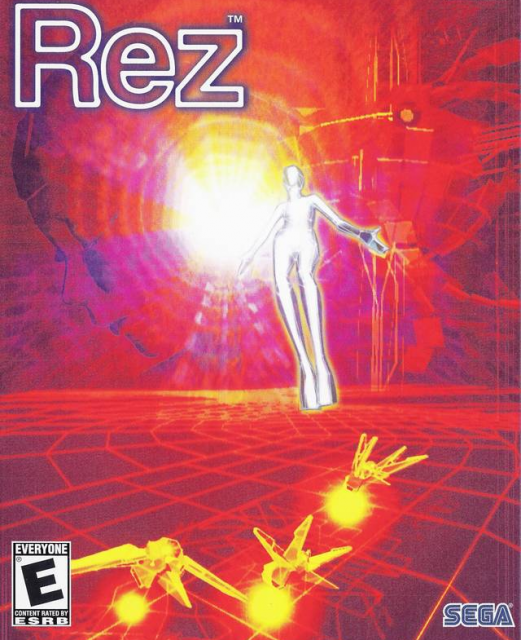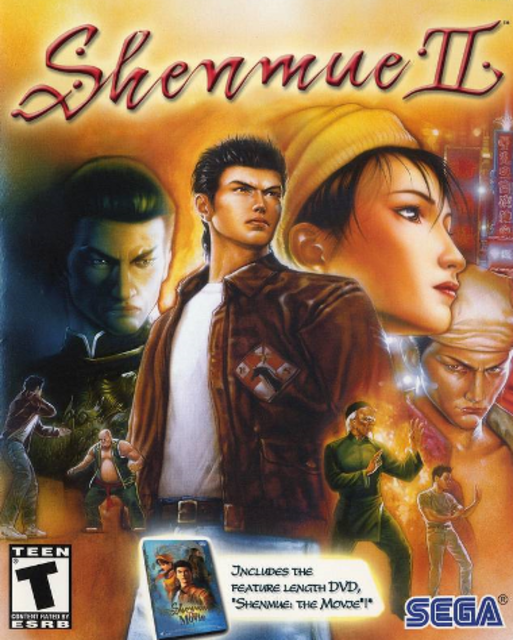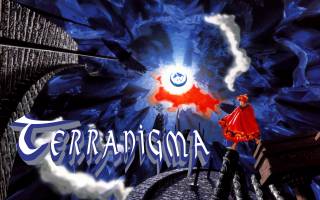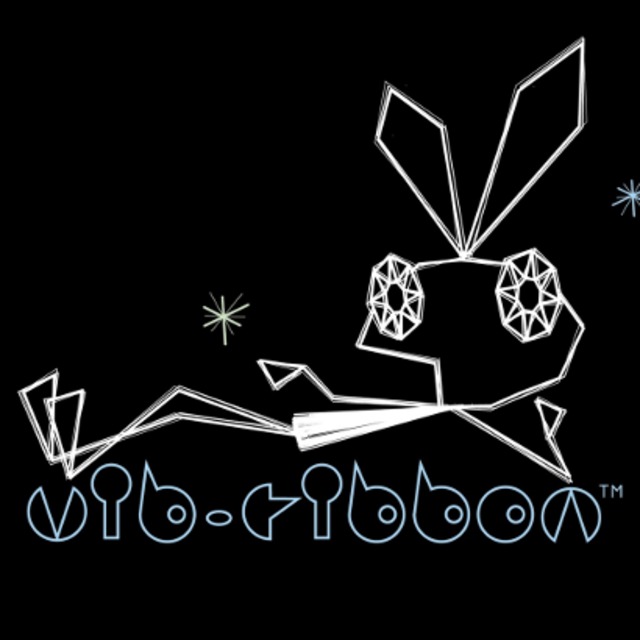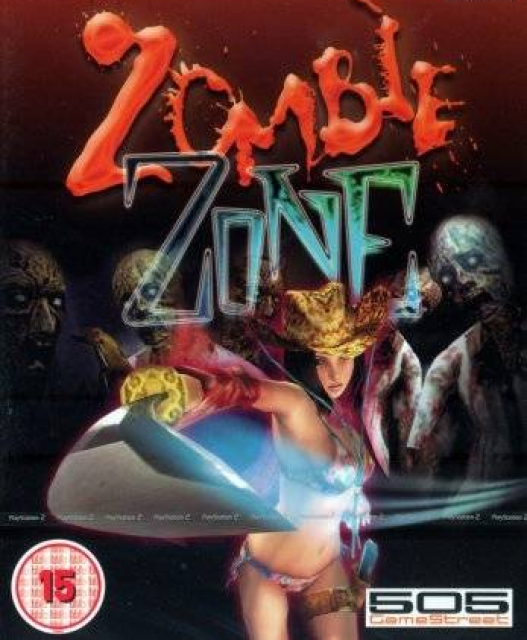PAL By Comparison
I made a list some time back that looked at games I very much wish could receive PAL releases. I could've made that list a lot longer by including games that were already given localizations and released in the US. It's a fairly common and discouraging sight for European gamers, even to this day. It's not like most Europeans can't read English anyway, and to heck with the ones that aren't able to. (I know right? This is why the UK is so loved by the rest of the continent.)
Anyway, I figured I owed it to the handful of games (and their tireless publishers) that did in fact make it as far as Europe but didn't quite hit the US, at least not for specific desired platforms. I'm well aware that many of the games below can be procured in the US without an expensive import purchase (and the reverse is true for us as well, fortunately), but once upon a time we put-upon dirty Euros could laud our exotic spoils over the indignant Americans, shortly before they went back to playing Xenogears and Suikoden III and Final Fantasy Tactics and grumble, grumble...
TL;DR: Here's a short list of great (?? citation needed?) games that were released in Europe. They might've also been released in Japan at some point. They were not released in the US, at least not at the time.

